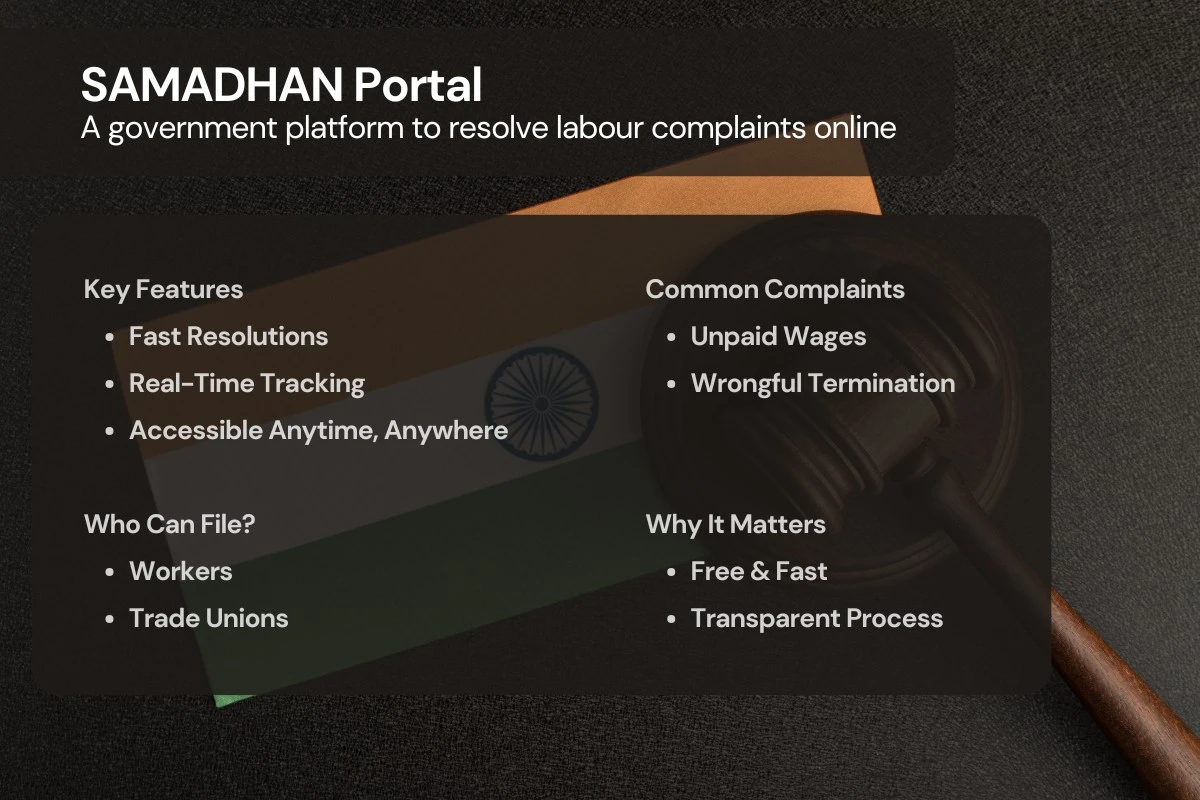How to Successfully Incorporate ESG into Your Business Strategy

Environmental, Social, and Governance (ESG) considerations are more than just industry buzzwords—they are vital components of business sustainability, compliance, and reputation management. With growing attention from investors, regulators, and customers, corporate social responsibility csr into your company strategy is no longer optional. Here’s how your business can adopt ESG successfully.
1. Understanding ESG Factors
1.1 Environmental (E): Controlling the Effect on the Environment
- Carbon Footprint & Emissions: Reduce greenhouse gas emissions by implementing clean energy initiatives.
- Sustainable Resource Use: Focus on water conservation, energy efficiency, and waste reduction.
- Pollution Control and Waste Management: Limit plastic usage and dispose of hazardous materials responsibly.
- Climate Change Policies: Develop strategies to counter extreme weather-related risks.
- Sustainable Supply Chain: Ensure ethical sourcing and environmentally responsible vendors.
1.2 Social (S): Emphasizing Individuals and the Community
- Employee Welfare: Maintain fair wages, ethical work conditions, and workplace safety.
- Diversity, Equity, and Inclusion (DEI): Promote gender, racial, and cultural diversity.
- Product Safety & Customer Relations: Ensure ethical and quality production.
- Community Engagement & CSR: Support local causes and invest in social well-being.
- Cybersecurity & Data Privacy: Protect sensitive data of both customers and employees.
1.3 Governance (G): Transparency & Ethical Leadership
- Board Structure & Leadership: Ensure leadership reflects values of independence and diversity.
- Regulatory Compliance: Follow tax, labor, and industry-specific regulations.
- Financial Transparency & Shareholder Rights: Promote accurate reporting and shareholder fairness.
- Anti-Corruption Policies: Implement policies to prevent bribery, fraud, and unethical behavior.
- Risk Management: Develop clear strategies for financial and regulatory risk mitigation.
2. Why ESG is Critical for Modern Businesses
- Investor Trust: ESG compliance attracts ethical investors seeking long-term value.
- Brand Reputation: Consumers prefer socially responsible and sustainable companies.
- Regulatory Compliance: New laws and mandates are increasing ESG accountability.
- Operational Efficiency: Sustainable practices often lead to cost reduction and resource optimization.
- Risk Mitigation: Avoid reputational and legal risks through proactive ESG measures.
3. How to Implement ESG in Your Organization
- Conduct ESG audits to identify improvement areas.
- Define clear policies around governance, sustainability, and diversity.
- Train leadership and employees on ESG best practices.
- Monitor evolving ESG regulations for continuous compliance.
- Engage stakeholders transparently and ethically.
4. Conclusion:
ESG is no longer optional—it is essential to modern business success. Companies that prioritize sustainability, social responsibility, and ethical governance are better positioned for long-term growth. A robust ESG strategy not only enhances investor confidence and brand equity but also ensures compliance with evolving regulations.
5. Stay Updated with Plutus
Stay connected with Plutus for the latest insights in to corporate social responsibility csr , compliance, and corporate governance. Our expert guidance helps businesses stay ethical, efficient, and future-ready in a complex global environment.
6. FAQ
- 6.1 What makes ESG important for small businesses?
- ESG enhances brand value, attracts investors, and ensures legal compliance, even for smaller organizations.
- 6.2 What are the main obstacles to putting ESG policies into practice?
- Challenges include regulatory complexity, high implementation costs, and lack of standardization.
- 6.3 How can an organization gauge its ESG performance?
- Use frameworks like TCFD, SASB, or GRI for structured ESG reporting and performance tracking.
- 6.4 What part does ESG governance play?
- Governance ensures ethical practices, regulatory compliance, and transparency in decision-making.
To know more about how Plutus can help your business incorporate ESG practices, visit
plutusco.com


